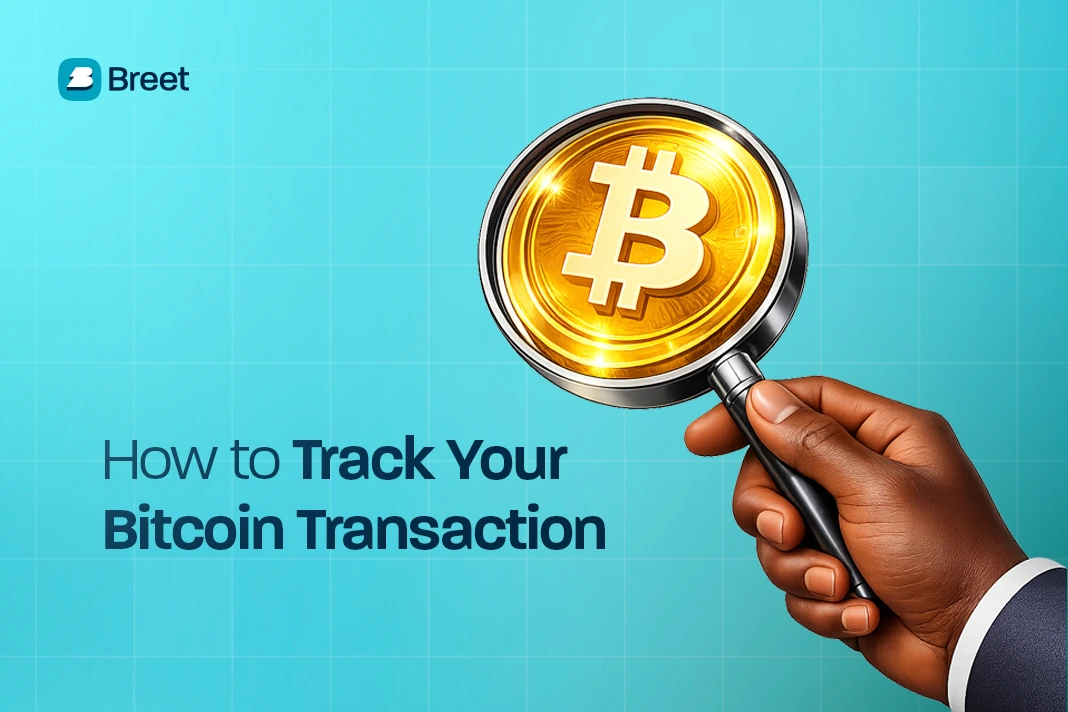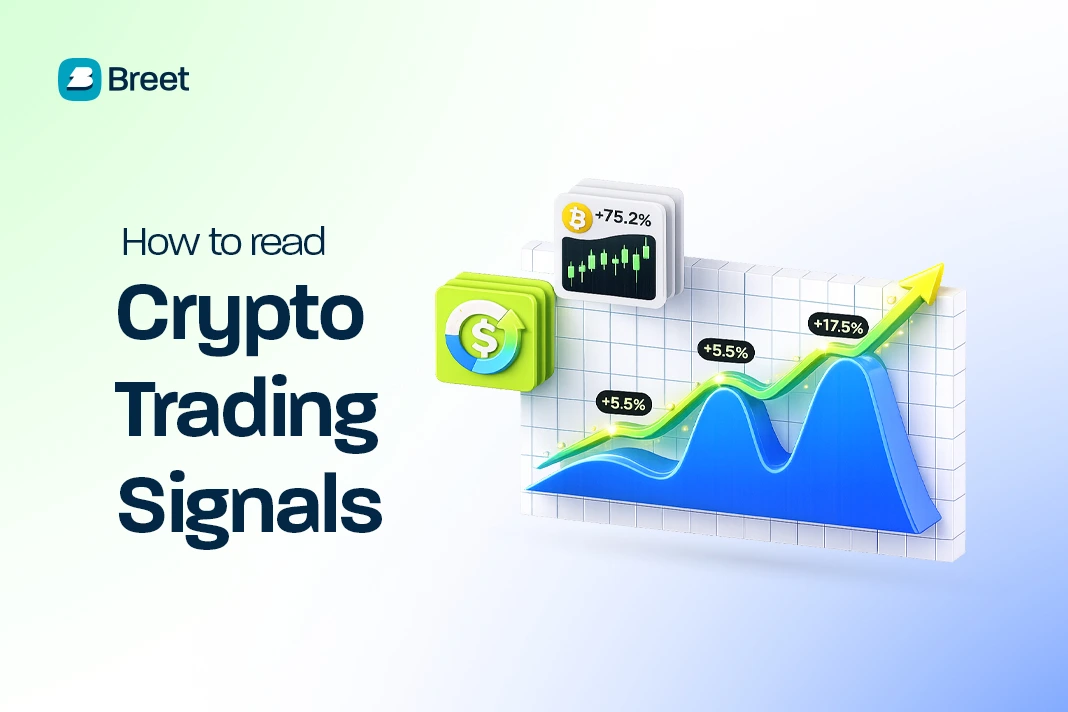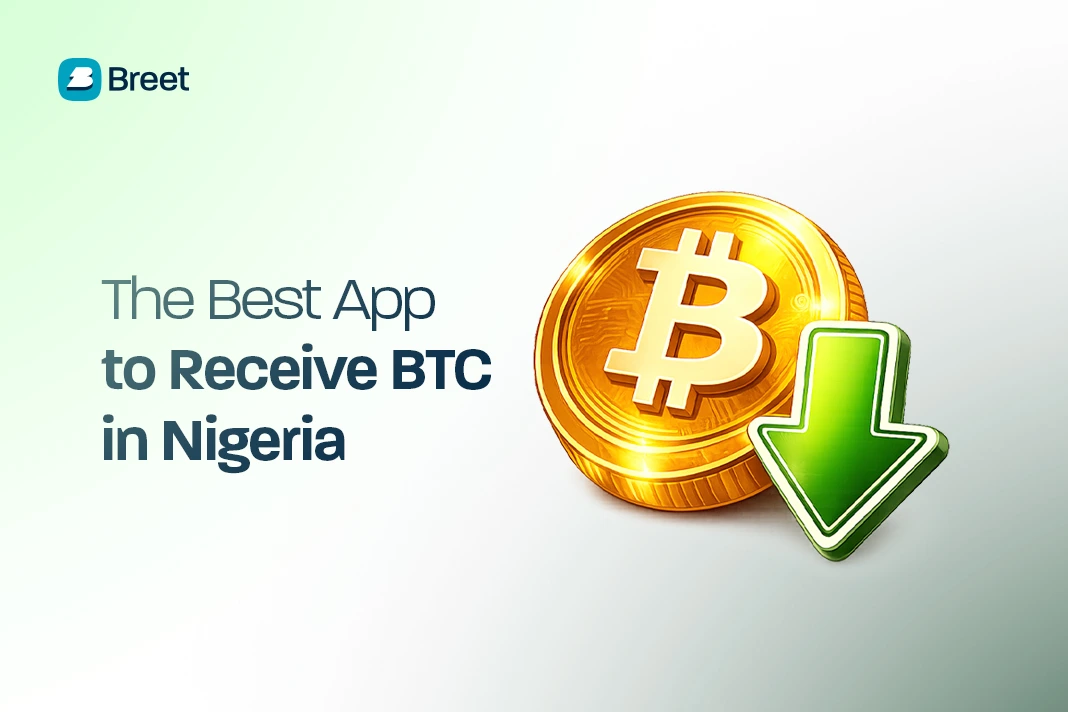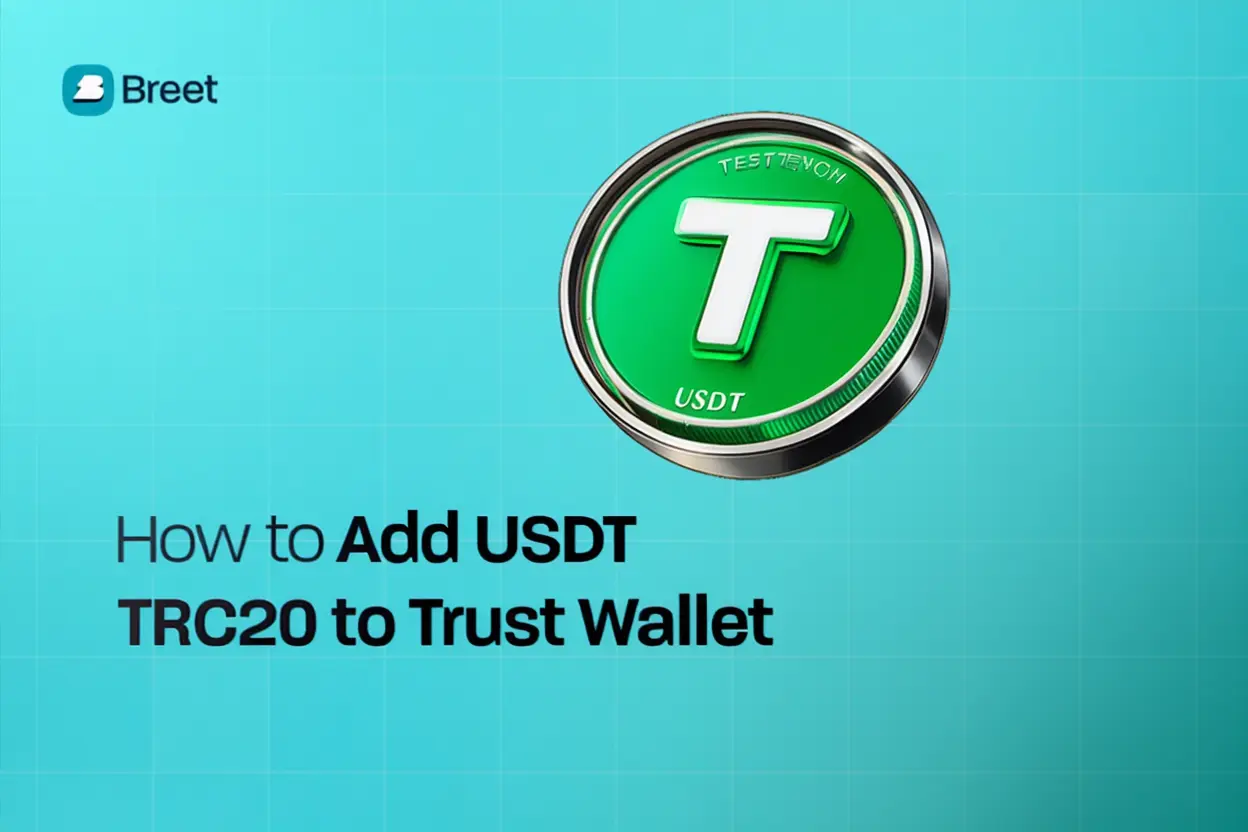If you’ve ever tried to convert your crypto into cash, you’ve probably wondered if OPay can make that process easier.
After all, OPay is one of the most popular fintech apps in Nigeria, known for its quick transfers, bill payments, and smooth mobile banking experience.
So, it’s only natural to ask, “Does OPay accept cryptocurrency? Can I use OPay to receive or withdraw crypto?”
With how fast cryptocurrency is growing in Nigeria, a lot of people are looking for simple ways to cash out their coins without stress.
Maybe you just got paid in Bitcoin, or you earned some crypto rewards online, and you’re thinking of sending it straight to your OPay account.
Before you try that, it’s important to know exactly where OPay stands when it comes to cryptocurrency.
Let’s break it down clearly so you know whether OPay supports crypto and what your best options are if you’re trying to turn your digital coins into naira.
Does OPay Accept Cryptocurrency?
In short: no. OPay does not support buying, selling, storing or receiving cryptocurrencies on its platform.
The company has publicly stated that it prohibits any form of cryptocurrency or virtual asset trading via its app or wallet.
OPay also warns that accounts found to be used in connection with crypto or virtual currency transactions risk closure, and the relevant customer information may be shared with regulatory authorities.
So if you were hoping to send crypto into your OPay account and then withdraw in naira, that path is not supported at present.
Top Pick:
- Is Crypto Legal in Nigeria? 2025 Crypto Ban Update
Why OPay Doesn’t Accept Crypto

There are several key reasons why OPay currently doesn’t support buying, selling, or storing cryptocurrency, and it all ties into regulation, compliance and risk‑management.
Here’s a breakdown:
1. Regulatory environment from Central Bank of Nigeria (CBN)
- On 5 February 2021 the CBN issued a directive to all deposit money banks and other financial institutions stating they must not deal in cryptocurrencies or facilitate payments for crypto exchanges.
- The CBN also reiterated that cryptocurrencies are not legal tender in Nigeria, and thus banks and regulated payment platforms cannot treat them like naira or standard fiat money.
- More recently, though some restrictions have been loosened (for example banks can now open accounts for crypto firms under very strict conditions), the rule remains that financial institutions cannot themselves hold or transact in crypto assets on behalf of customers.
2. Compliance and risk‑management concerns
- Crypto assets are viewed by regulators and banks as high‑risk, due to volatility, lack of full regulatory oversight, and potential for misuse (money‑laundering, terrorist financing).
- From the viewpoint of a fintech like OPay, integrating crypto would mean implementing heavy KYC/AML procedures, full tracing of transactions, monitoring and reporting of suspicious flows, in other words, much greater compliance burden.
- Because the naira is the only legal tender in Nigeria, allowing cryptocurrencies would introduce risks to monetary sovereignty and financial stability, regulators emphasise that the central bank must retain control over currency issuance and flows.
3. Business model & platform trust
- For a payments and fintech platform like OPay which handles thousands if not millions of small transactions, maintaining trust is key. If crypto were supported and something goes wrong (exchange collapse, hacking, a customer suffers big loss), the reputational risk is large.
- OPay likely prefers to operate within clearly defined regulatory lanes rather than venture into a grey area.
In summary, OPay doesn’t accept crypto because the regulator (CBN) has put strict rules in place that make it difficult for regulated payment platforms to deal with crypto.
Add the extra burden of compliance plus the risks around volatility and legal status, and you see why a super mainstream fintech brand would steer clear (for now).
Related:
- The Best 13 Crypto Apps in Nigeria, by User Ratings
OPay May Not Accept Crypto, But Breet Does
While OPay does not accept cryptocurrency, Breet fills that gap perfectly. Breet is the best crypto-to-cash apps in Nigeria, built specifically for people who want to sell their crypto and get paid instantly in naira or cedis (for Ghana users).
Instead of worrying about restrictions or blocked transactions, Breet lets you convert your Bitcoin, USDT, Ethereum, and other coins straight into your local currency without the usual stress of P2P trading.
It’s simple, secure, and fully automated, which means you don’t have to deal with human buyers or long waiting times.
Here’s what makes Breet stand out:
- Instant crypto-to-cash withdrawals: Get your naira in your bank account in 287 seconds or less.
- Hold your crypto in USD: Keep your balance stable and protected from price fluctuations.
- Crypto invoice feature: Receive crypto payments for business or freelance work easily.
- Crypto swap option: Instantly convert one cryptocurrency to another within the app.
- No hidden fees: You get exactly what you see, with transparent and fair conversion rates.
- Available in Nigeria and Ghana: Perfect for users who want smooth cross-border convenience.
If OPay isn’t an option for your crypto needs, Breet is the smarter and faster alternative to turn your digital assets into real cash, anytime you want.
Popular:
Conclusion on Does OPay Accept Cryptocurrency?
While OPay is great for everyday payments, it doesn’t support cryptocurrency, which means you can’t cash out your crypto through the app.
If you want a fast, safe, and reliable way to convert your digital assets into naira, Breet is the go-to solution in Nigeria. With instant withdrawals, crypto invoices, and easy swapping options, it makes turning your crypto into cash simple and stress-free.







